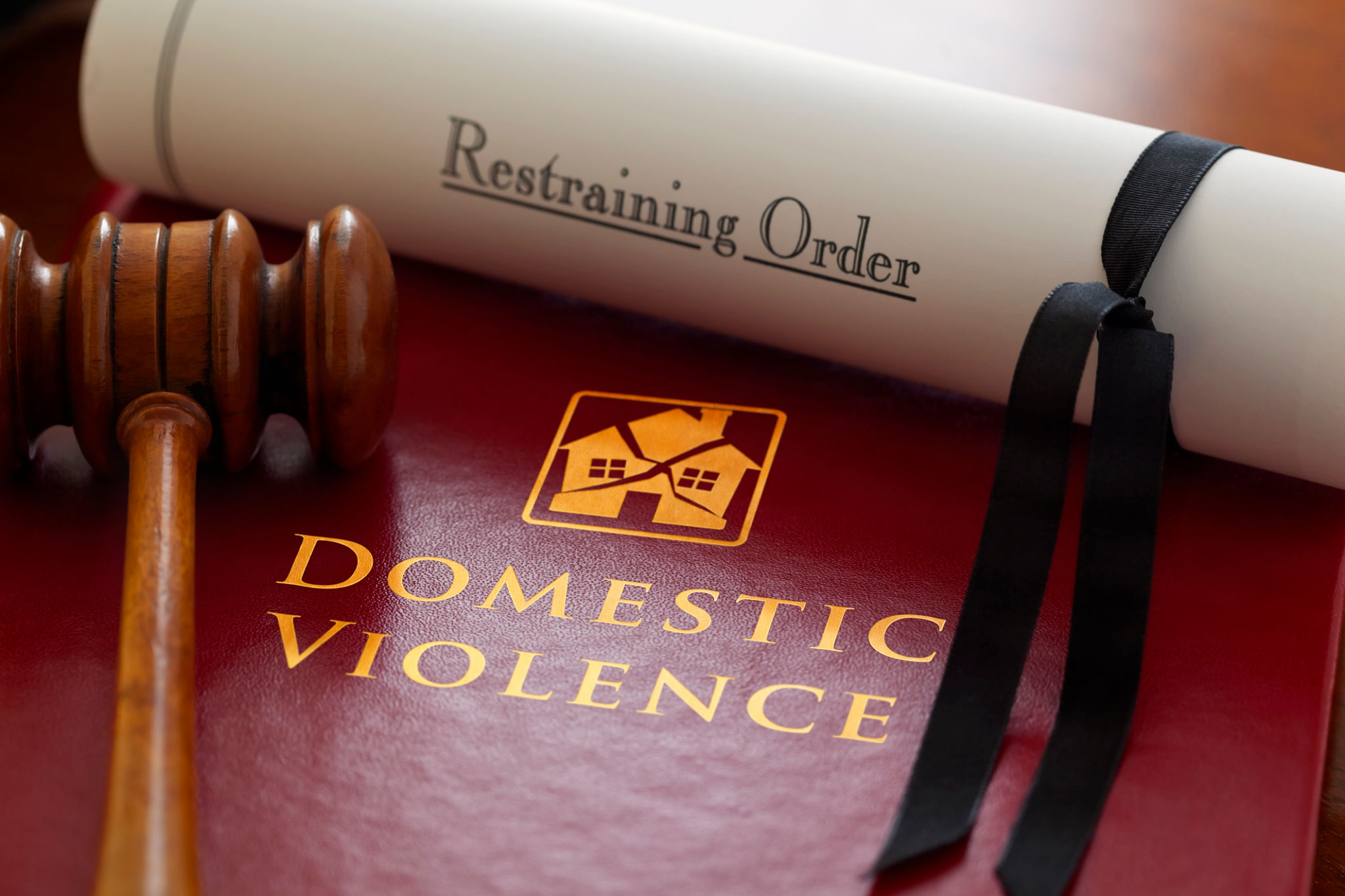How to Navigate Divorce and Custody Laws in Connecticut
Understanding Divorce Laws in Connecticut
Going through a divorce can be a challenging experience, not just emotionally but also legally. In Connecticut, the process involves several steps and understanding the state's specific laws can help you navigate it more effectively. Connecticut is a "no-fault" divorce state, meaning that neither spouse needs to prove wrongdoing to file for divorce. This can simplify the process, but it's essential to be aware of how property division, alimony, and other factors are handled.
One of the first steps in a Connecticut divorce is filing a complaint in the Superior Court. The residency requirement mandates that either spouse must have been a resident for at least one year before filing. Once the case is filed, there is typically a 90-day waiting period before moving forward. It's important to seek legal advice to ensure all paperwork is correctly completed and filed.

Navigating Custody Laws in Connecticut
When children are involved, custody arrangements become a significant part of divorce proceedings. Connecticut courts prioritize the best interests of the child, focusing on factors such as each parent's ability to care for the child, the child's relationship with each parent, and the child's adjustment to home and school. Both parents are encouraged to reach an agreement on custody matters; however, if an agreement cannot be made, the court will decide.
There are two types of custody in Connecticut—legal custody and physical custody. Legal custody refers to the right to make important decisions about the child's life, while physical custody determines where the child will live. Joint custody is common, allowing both parents to be involved in significant decision-making.

Property Division and Financial Considerations
Connecticut follows the principle of "equitable distribution" when it comes to dividing marital property. This doesn't necessarily mean a 50/50 split but rather a fair division based on various factors. These factors include the length of the marriage, each spouse's contributions, and the economic circumstances of each party.
Alimony may be awarded based on need and ability to pay. The court considers several factors, such as the length of the marriage, age, health, earning capacity, and contributions to the marriage. It's crucial to have a clear understanding of your financial situation and potential obligations.

Working with Legal Professionals
Hiring an experienced divorce attorney can make a significant difference in navigating Connecticut's divorce and custody laws. A legal professional can offer valuable insights and guidance throughout the process, helping you to understand your rights and obligations. They can also assist in negotiations and represent your interests in court if necessary.
Mediation is another option worth considering. It allows both parties to discuss their issues with a neutral third party to reach an agreement. This approach can be less adversarial and more cost-effective than traditional court proceedings.
Preparing for Life After Divorce
Once the divorce process is complete, it's time to focus on rebuilding your life. This transition can be daunting but also offers an opportunity for personal growth and new beginnings. Establishing a support network of friends, family, or support groups can provide emotional assistance during this time.
Additionally, reassessing your financial situation and making necessary adjustments is crucial for future stability. Consider consulting with a financial advisor to help manage assets and plan for the future effectively.
